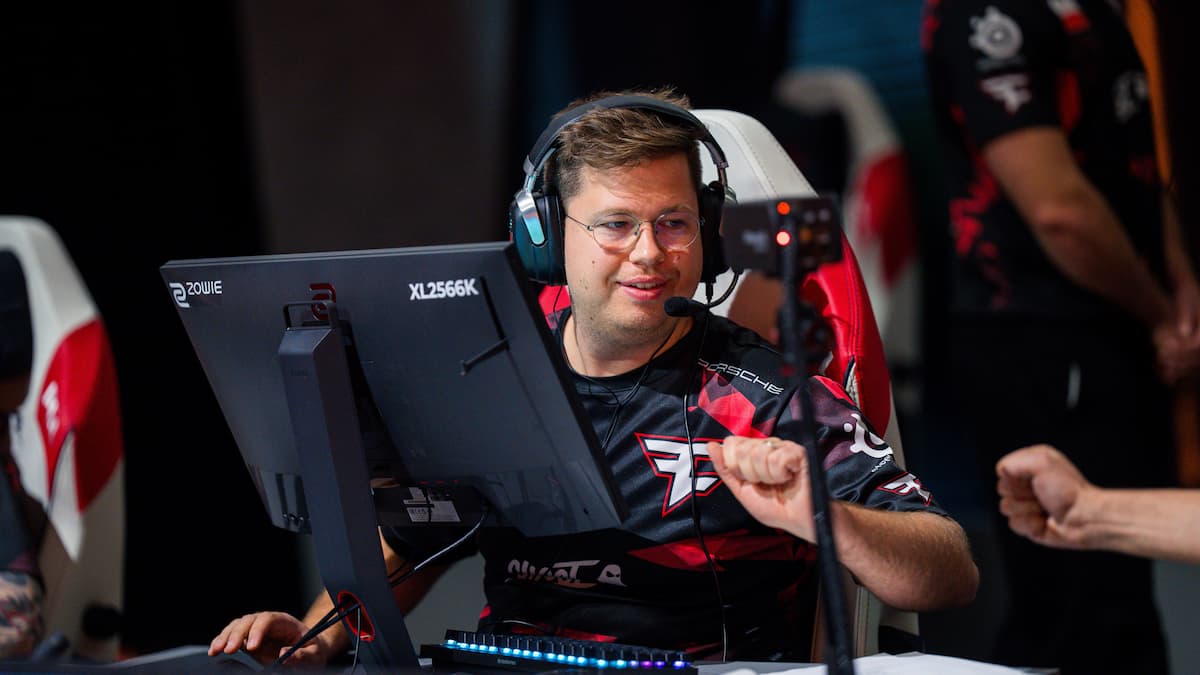The release of Counter-Strike: Global Offensive in China will feature one of the most stringent anti-cheating policies ever.
While the game has been playable in China for years, the April 18 release of the title via Perfect World, a Steam-like gaming platform, marks the first time the game will have its own server in the country. The Chinese release will also address the issue of cheating in a rather unique fashion, as the personal information of account owners will be blocked platform-wide in case they are caught cheating.
Players will have to use the service Alipay in order to access the game in China. In order to use Alipay, users will have to fill in their personal information, such as bank card numbers, personal identity numbers and phone numbers. In the event that anyone is caught cheating in CS:GO, this personal information can be blocked from accessing CS:GO, meaning a person won’t be able to register for a new account.
This is similar to the controversial Shutdown law in South Korea, where the nation’s government voted to force children under 16 from playing computer games late at night. Due to multiplayer games such as League of Legends or Maple Story requiring each user’s personal identification number in order to create an account, game developers could easily block the access of any underage gamers playing after a certain time.
But due to issues relating to stolen personal identification numbers being circulated in order to evade the curfew, as well as pushback by game developers in Korea, the law has been eased up since 2014.
Although the solution certainly is inventive, it remains to be seen just how effective it actually is.






Published: Apr 13, 2017 01:29 pm